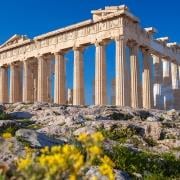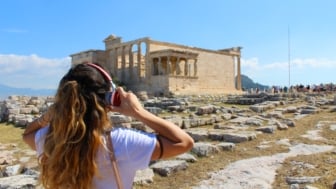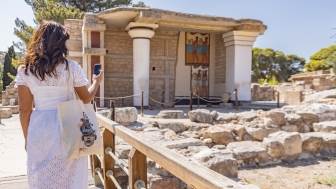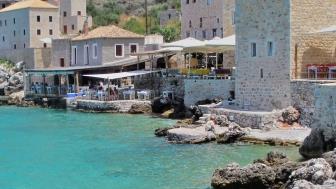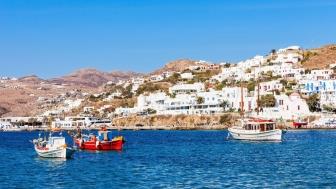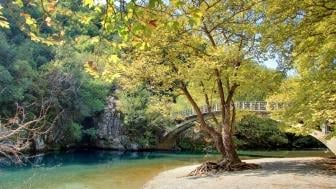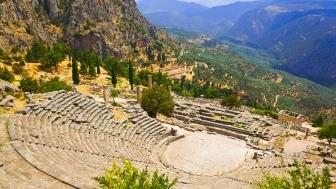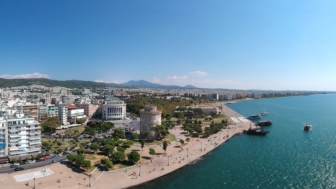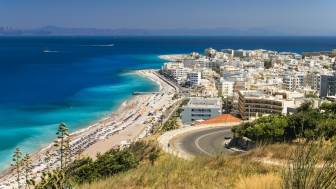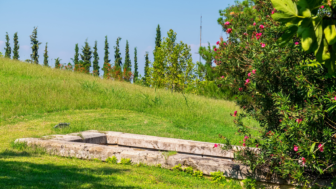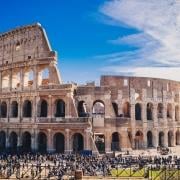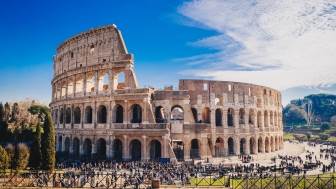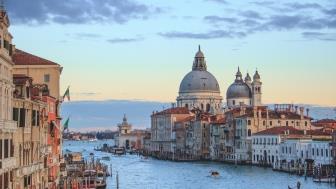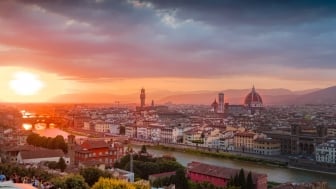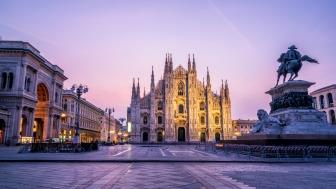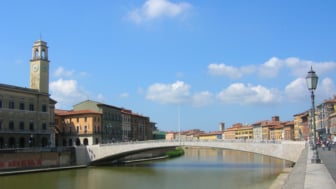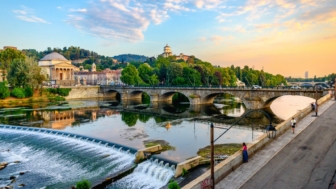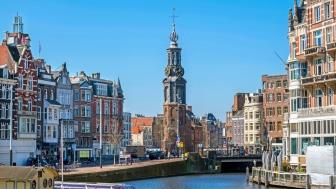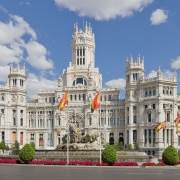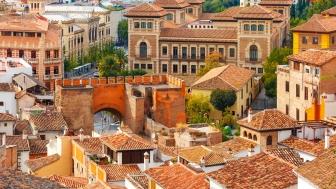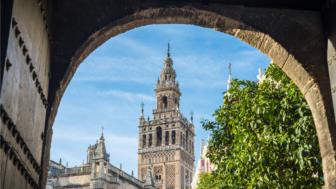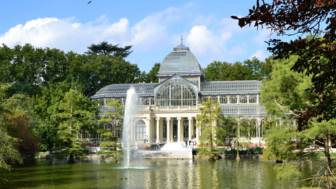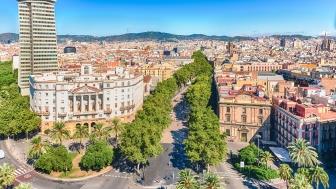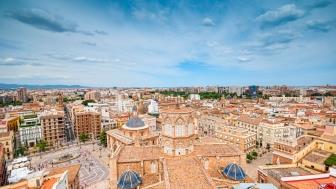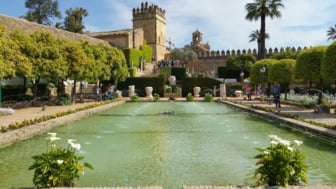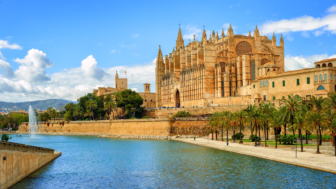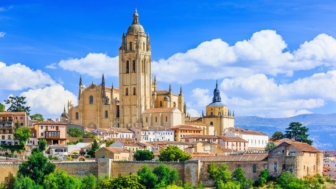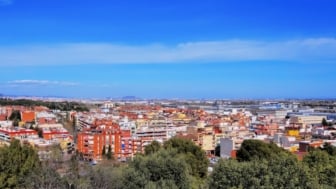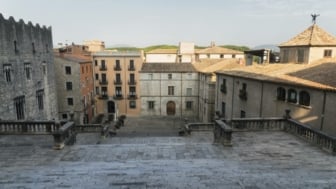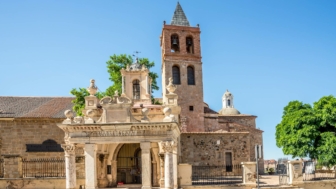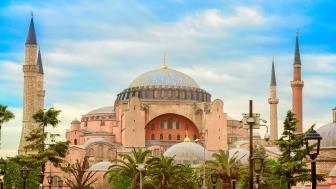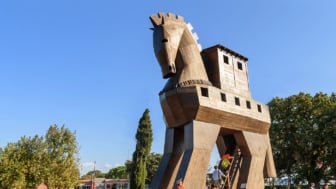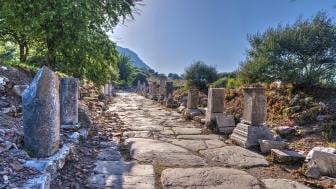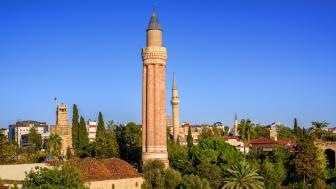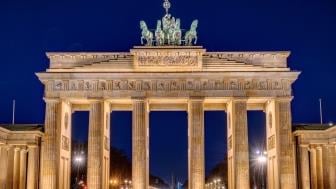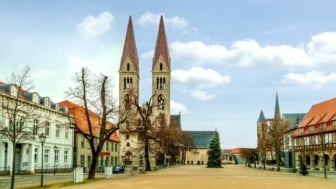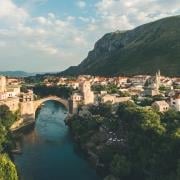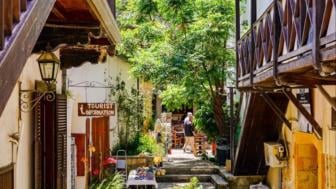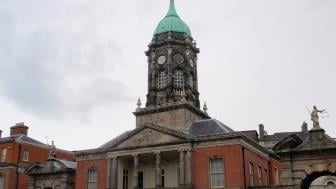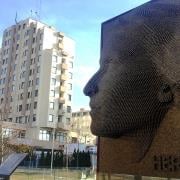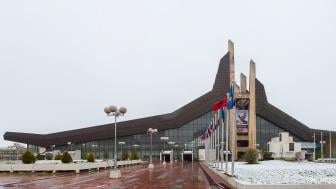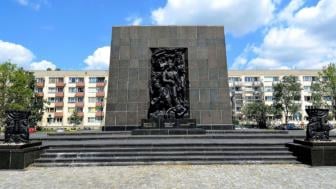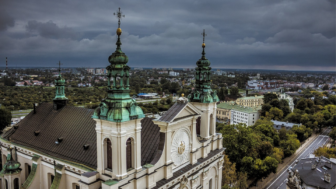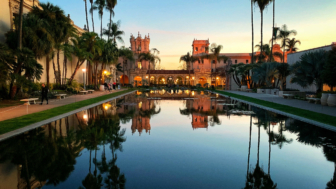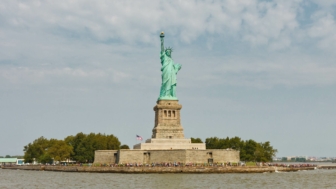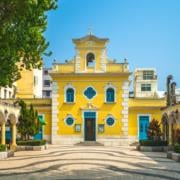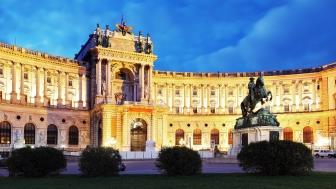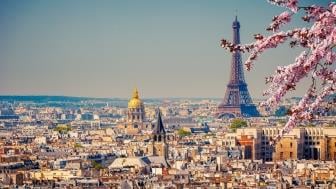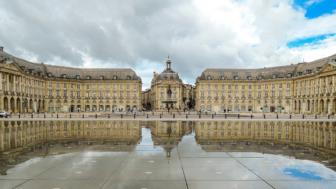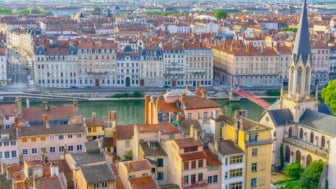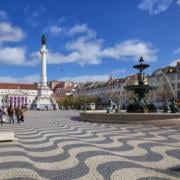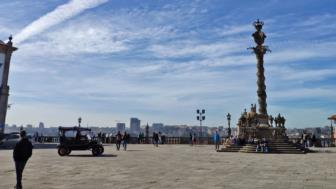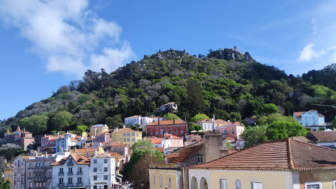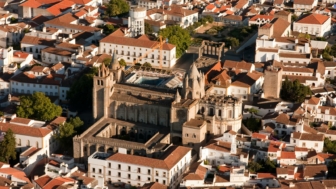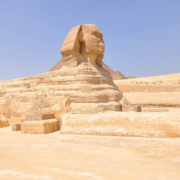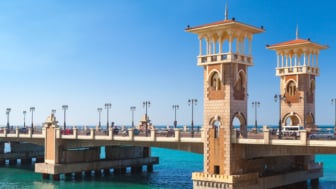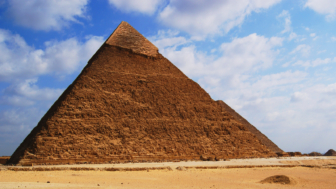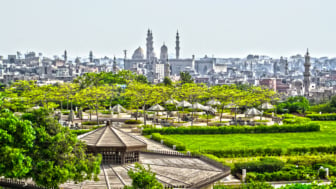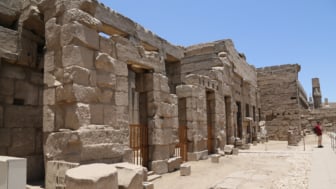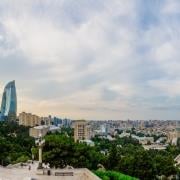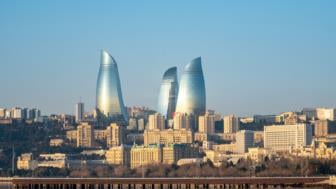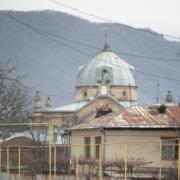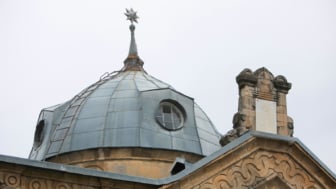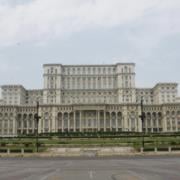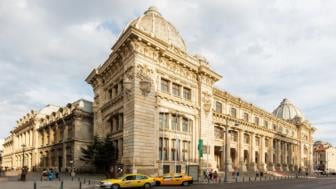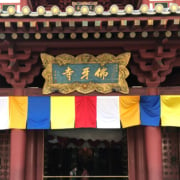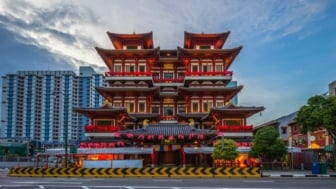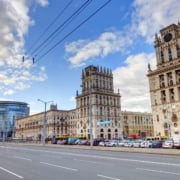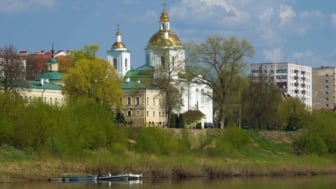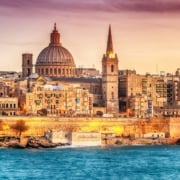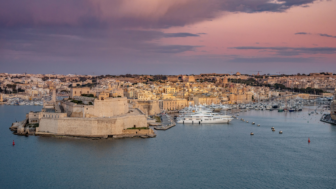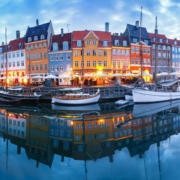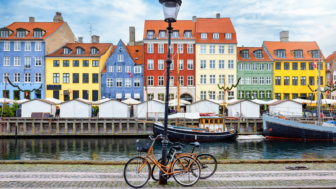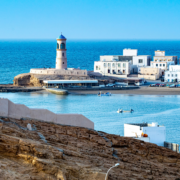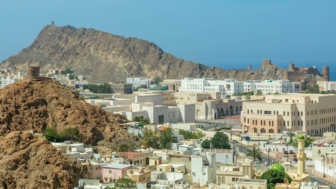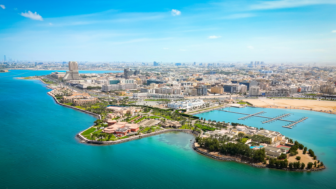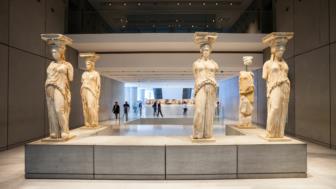With all due respect, taking the bold risk to sound like Mr. Portokalos from My Big Fat Greek Wedding – the hilarious father who challenged everyone to give him a word and show them that its root is Greek – did you know that epiphany derives from a Greek word?
In Greece, the Epiphany feast day is known as Theophaneia or Fota, meaning Lights, and is celebrated on the 6th of January. It is the day when people traditionally celebrate the baptism of Jesus and the official end of the Christmas period. Moreover, in folk culture, the feast day is associated with the banishing of the Christmas goblins and ritual purification. If you happen to be around during this time of the year, you are very lucky as you will witness some exciting celebrations that take place across the country, each region clinging to traditions whose origins date thousands of years back in time.
All over Greece special ceremonies of blessing the waters take place with worshipers heading to the nearest sea, lake, river, even water depot, where the orthodox priests throw a Holy Cross into the water while many brave swimmers dive to catch it. It is considered a great honour to get the cross and the one who accomplishes to get hold of it is blessed with good luck through the coming year.
In the beautiful island of Lefkada, wrapped around the gleaming waters of the Ionian Sea, the custom of the holy oranges is a hallmark of the day. Apart from the Holy Cross, the priest throws a batch of oranges tied together on a piece of string. Once they’ve been purified in the blessed waters, they are all neatly placed next to the icons in the churches all over the island. Every year last year’s oranges are thrown away in the sea. The custom dates back to the Venetian rule days when rich landlords used to bless their oranges to make sure they have a good yield in the year to come.
Another famous festivity is the Ragoutsaria in Kastoria. This carnival-like custom, which takes place in Northern Greece from the 6th to the 8th of January, is a wild rumpus, where all locals, young and old, party joyfully. They are dressed up in costumes and dance franticly on the streets accompanied by the traditional orchestra. People sing at the top of their lungs and play pranks on each other while feasting and drinking wine. The origins of Ragoutsaria are traced in antiquity, in the ecstatic celebrations that took place during the Dionysian rites. It seems that until today the spirit of the Bacchus is still alive and well, sweeping us off our feet as we join the vivacious street parties of Kastoria.
In the villages of Halkidiki, the Fotarades custom is revived every year. A man, who holds the symbolic role of the “king”, appears wearing the traditional cape of the shepherds, known as Talagani, with bells hanging all over his outfit while the fotarades, men bearing wooden swords, guard him and follow him in a large procession. They all try to ward off the crowds trying to steal a sausage that is placed at the central square of the village.
-
Duration: 2h 30min
-
Another peculiar tradition takes place in Drama, where in the village of Kali Vrisi locals still hang onto the custom of Babugeri. On Epiphany Eve, the twelfth night of Christmas, people put on zoomorphic masks, place bells along their waistline and dance around the streets of the village. They tease passers-by and hit them with a small sack, which is full of ashes collected from their fireplace the previous day, so as to scare the Christmas goblins away and send the evil spirits back into the ground they came from!
There’s always something new to learn and traveling through Greece over the beginning of January can prove to be a unique opportunity to encounter strange and exciting traditions that have their roots deep in old pagan rituals. You will return home with some stories to tell!


